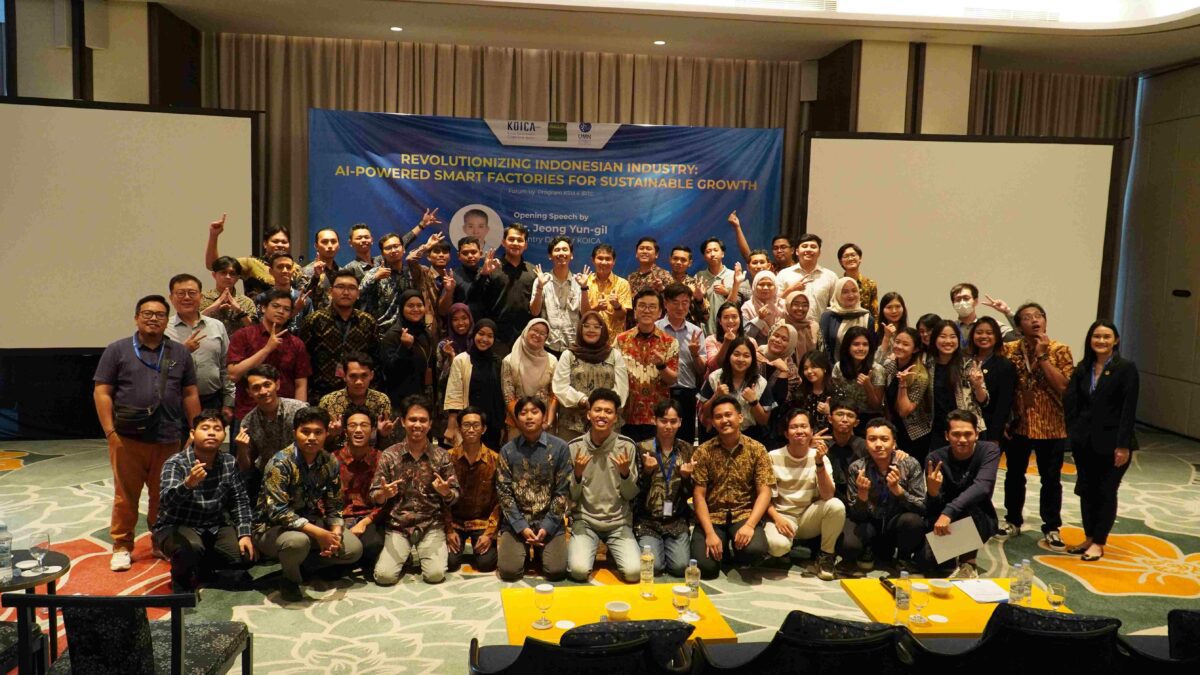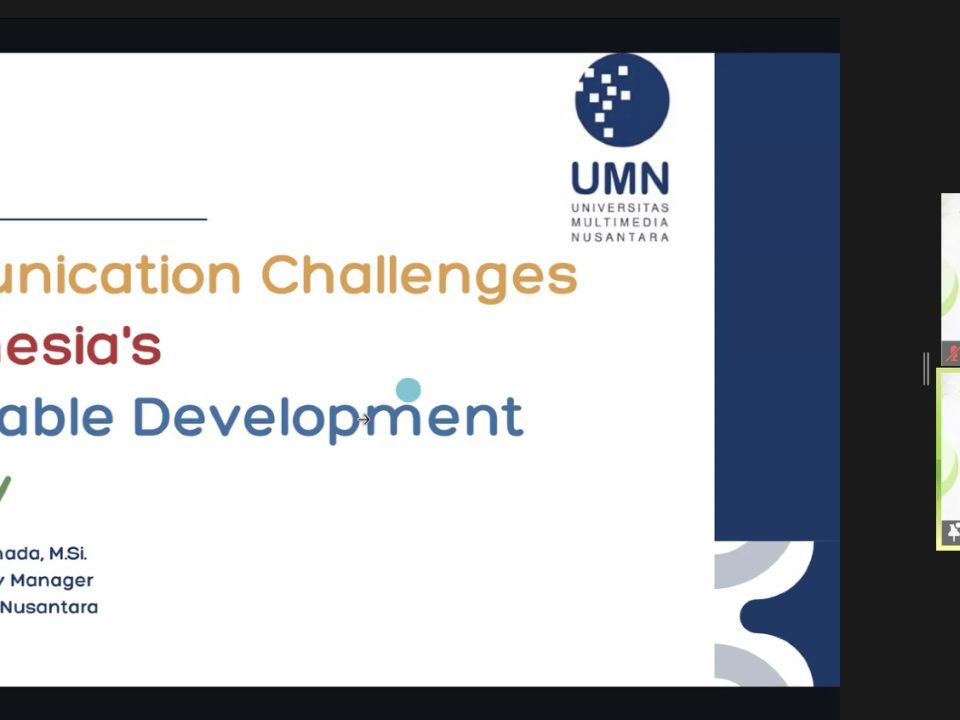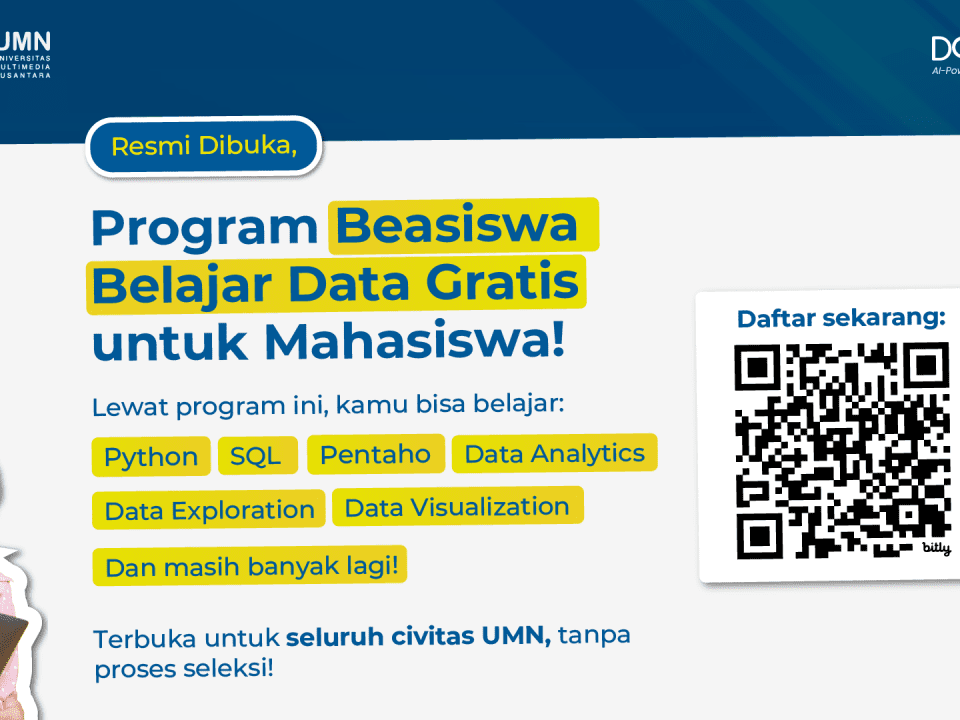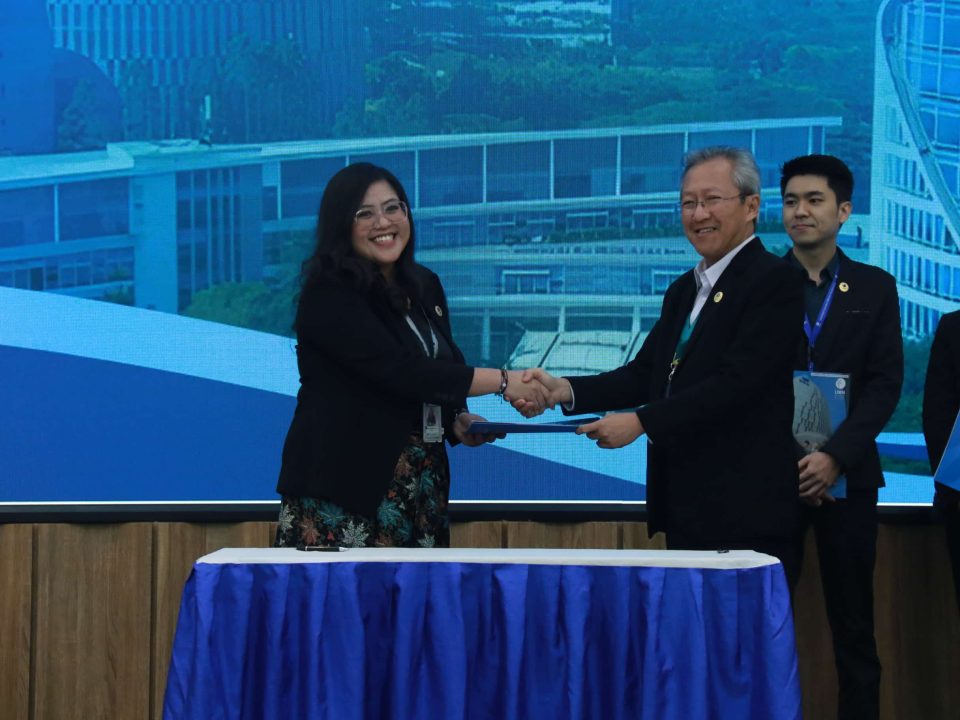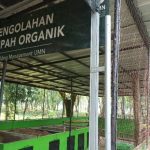
Waste Disposal Policies and Practices at UMN
December 22, 2023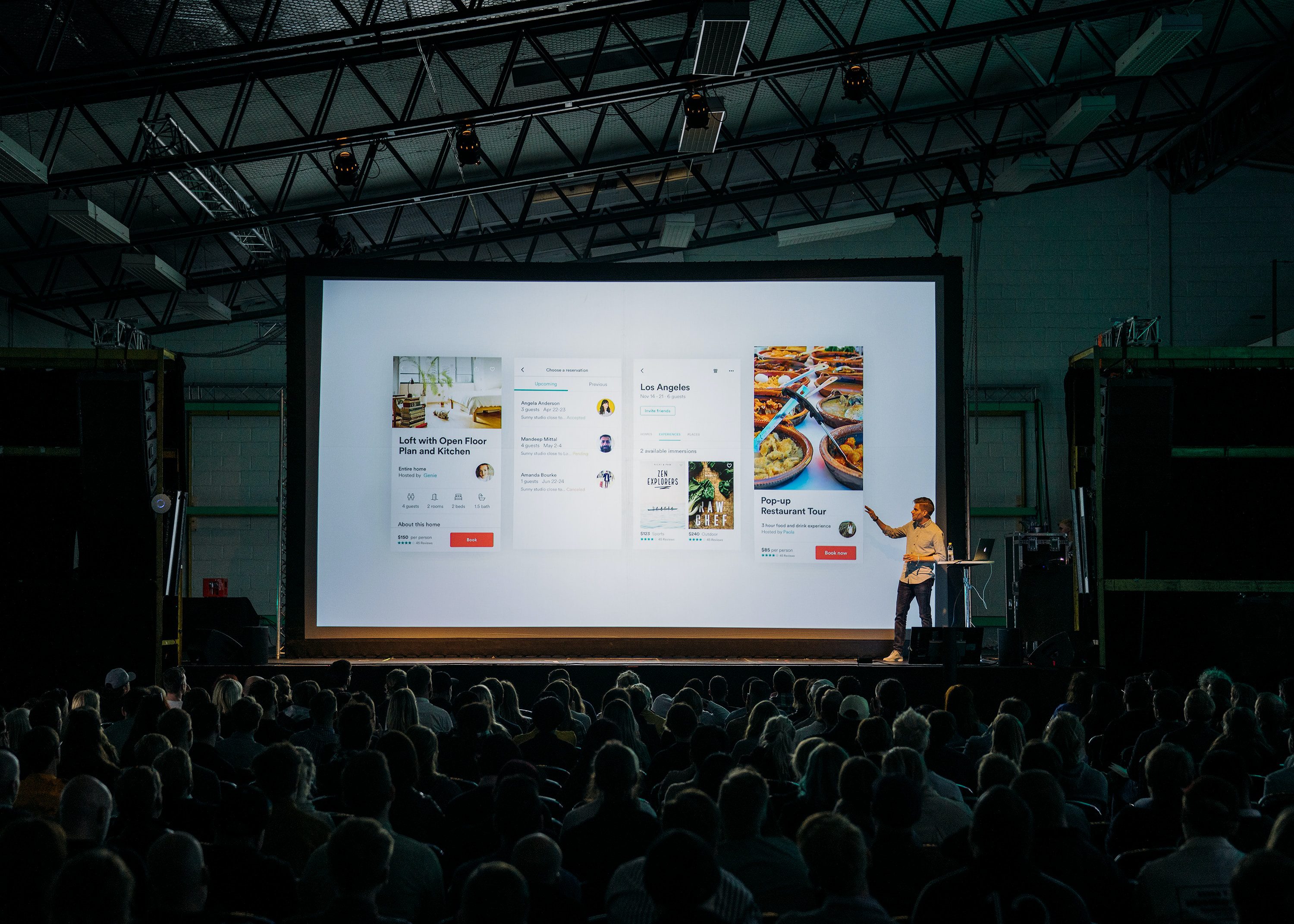
7 Public Speaking Tips to Avoid Anxiety
December 27, 2023
UMN, Silla University, and KOICA Conference at The Episode Hotel, Tangerang. (Doc. Marketing Communications UMN)
TANGERANG – Multimedia Nusantara University (Universitas Multimedia Nusantara/UMN), Silla University, and KOICA held a conference on Tuesday (19/12/23) in the Function Room of Episode Tangerang, discussing the KSU4IRTC program. The conference discussed the 4th industrial revolution, Artificial Intelligence (AI), smart factory, and Industry 4.0.
Several representatives of the UMN-Silla-KOICA collaboration attended the conference. The meeting was led by speakers Dr. Ninok Leksono, M.A, (UMN Rector), Mr. Jeong Yun Gil (Country Director of KOICA Indonesia), Mareta Pratiwi (Executive Secretary to PIDI 4.0), Mr. Anes Lukman, (Director of PIDI 4.0), Prof. Dr. Ir. Hammam Riza, M.Sc, IPU (President of KORIKA), Mr. Sang Hun Bae (President Director of PT HLI Energy Solution), I Putu Agus Sugita Eka Putra (Regional Manager Siemens Indonesia); and Prof. Dr. Eng. Soeng Soo Kim (Head of Professor of Dept. Mechanical Engineering, Silla University).
“In the morning like this, sometimes I think, we are so diligent. Everyone else is thinking about the holiday, but we are still here and talking about the 4th industrial revolution,” Ninok said in his opening speech, bringing smiles to the room.
“I’d like to see if, in this discussion, there will be some talks on how to promote and develop Indonesian brands along the way with greater participation of Indonesian engineers or workers,” he concluded.
Recognized by The Korean Government, KSU 4IRTC Will Continue Next Year

(Doc. Marketing Communications UMN)
Mr. Jeong Yun Gil also gave his speech during the opening session. He shared that due to all the participants’ hard work and effort in the forum, the KSU 4IRTC project successfully achieved its main objective of training future skilled talents to support the industrial revolution technology.
“This technical training center has played an important role in fostering young technicians and experts in smart factories and the cloud with data in Indonesia,” Jeong said. The collaboration has made a huge contribution to the industrial development of Indonesia and improved the quality of young Indonesians.
This model of collaboration between universities and industries showcases how both can work together for the future development of the Indonesian economy and talents. He also added that the program will continue in 2024.
“This project model has been recognized by the Korean Government, and at the same time, we have a new burden to produce good results. I suggest all stakeholders discuss making this training center contribute more to society and work more efficiently,” Jeong concluded. He suggested that more UMN students can also utilize the program.
Indonesia’s Challenges to Implement AI: The Fear of Being Replaced by AI

(Doc. Marketing Communications UMN)
Starting the discussion session, Mareta, as a representative from the Ministry of Industry, presented the role of the Ministry of Industry in fostering the implementation of Industry 4.0 in Indonesia. She also discussed the challenges of implementing AI in Indonesia.
Mareta shared that Industry 4.0 and artificial intelligence will reshape the workplace and employee experience. It can help improve the business environment by imagining new products, pursuing new markets, enhancing products and services, etc. She also mentioned smart factory and how it is not a luxury but simply a futuristic technology that could bring in benefits.
Mareta then mentioned Indi 4.0. Indi 4.0 is a measurement tool in Indonesia for the industry or a readiness index for industry 4.0 to see how ready the industry is to implement 4.0. There is a special indicator in Indonesia called “culture.”
“We call it culture because it is really difficult in Indonesia to improve the awareness of implementing Industry 4.0. People will have a demonstration (against AI and robotics) as they believe it can ‘kill’ all workers and get replaced with robotics,” Mareta said. Despite Indonesia already having the technology, implementing AI becomes challenging due to the lack of awareness.
That said, she shared why UMN invited PIDI 4.0 to this forum. PIDI 4.0 is a government initiative in Indonesia to make Indonesia 4.0, which the president launched in 2018.
“Indonesia has the potential to become the highest economic country as the adoption of technology could increase revenue and bolster economic growth,” Mareta said. She then shared the training and collaborations done in PIDI 4.0 to leverage the industry, innovate, and help realize Indonesia 4.0.
AI to Become a $13 Trillion Market: Is Indonesia Ready?

(Doc. Marketing Communications UMN)
Agreeing with Mareta, Hammam Riza added several points and introduced KORIKA. He opened his presentation by stating the importance of the synergy between academia, industry, government, and communities to embrace artificial intelligence. He believes AI is a transformative power to redefine how factories operate, enhance innovation, efficiency, precisions, and more.
“This is where KOIKA stands. We are an orchestrator that puts all the multi-stakeholders in a concentrated effort to adapt and implement artificial diligence in Indonesia,” Hammam said. He then explained what benefits Indonesia can receive by implementing AI.
He shared that various research showed AI will impact the global economy. That’s why Indonesia wants to be a part of this, to adapt and implement AI in multiple sectors, including climate change and even drug discovery.
“There are plenty of opportunities and benefits to reap from the AI economy– $13 trillion is expected to be the impact of AI,” Hammam said. According to a McKinsey report, AI is projected to contribute $13 trillion to the global economy by 2030.
Hammam also added that currently, 72% of businesses globally are in their journey to adopt and implement AI. This is something that will be a grand challenge in Indonesia.
“We expect to be the leader by leading the top 20 countries in the word, not just as a follower in the digital economy. Indonesia’s latest AI readiness index puts Indonesia at number 46 compared to Singapore, which is in the 3rd place, and Korea, which is in the top 10 countries,” Hammam said.
The Indonesian government is working hard to improve this condition. Hammam shared that the government is making its first presidential regulations on AI and will align with the national digital economy framework of which Industry 4.0 is a part. Hammam then continued to share other examples of how AI can be implemented and help various industries in Indonesia.
Implementation of AI and The Importance of Big Data

(Doc. Marketing Communications UMN)
After explaining the challenges and importance of AI in Indonesia, three speakers provided case studies from their respective companies on implementing AI, smart factories, and big data.
Sang Hun Bae spoke about the implementation of AI in a big smart factory toward sustainable growth with case studies from his company, I Putu Agus Sugita Eka Putra spoke about digitalization in the supply chain industry with AI platforms, and Hae Sung Yang spoke about smart factory and big data correlated technology. Their presentation showed how Industry 4.0 technologies have helped their business processes become more efficient.
In conclusion, this conference has shown countries’ importance in implementing AI, smart factories, and big data. Hae said something important that could conclude the entire session.
“Advanced countries already utilize big data, and even Korea is following the advanced countries, which Indonesia should do too. We are living in an era of infinitive competence. To survive, we have to use data,” Hae said. Big data is synergistic with AI. Hence, big data is also important when discussing AI and Industry 4.0.
“Every data is gathered and analyzed, which creates new value– this is important. That’s why we mentioned that we are interested in big data, to make valuable insights and utilize them. We have to learn the big data application,” Hae said.
The session ended with a Q&A session between the speakers and the participants. We hope the conference can trigger a new collaborative idea between stakeholders and help Indonesia achieve Indonesia 4.0.
About The KSU 4IRTC Program
KSU4IRTC is a training program to empower the Indonesian community for diploma and undergraduate students developed by UMN, KOICA, and Silla University. This form of community empowerment is achieved through gaining experience and honing hard and soft skills through company fieldwork. So, with the advancement of technology, the community will follow the development of technology and want to learn about new technology.
UMN provides enough facilities for participants in this program, namely the Big Data Cloud Lab and the Smart Factory Lab in Building D, 11th Floor, PK. Ojong – Jakob Oetama Tower. In addition, this program also received funding of 898 million Korean Won.
This KSU4IRTC training focuses on smart factories and big cloud data. A smart factory is a management and operation process that uses ICT and IoT digital data to focus on production, quality, cost, and delivery. Cloud-big data is learning about cloud platforms (Azure, AWS) and Big Data analysis using R, Python, and cloud machine learning.
Some of the courses in this program are Smart Factory Concepts and Designs, Smart Factory Applied System, CAD & Tolerance, PLC Theory/Programming, Industry Practice Understanding the 4th IR, Cloud Computing 1 & 2, Big Data Analysis using R, Big Data Analysis using Phyton, Cloud Network, Big Data Analysis based on Cloud/Machine Learning, and Industry Practice.
By Levina Chrestella Theodora
English translation by Levina Chrestella Theodora
Kuliah di Jakarta untuk jurusan program studi Informatika| Sistem Informasi | Teknik Komputer | Teknik Elektro | Teknik Fisika | Akuntansi | Manajemen| Komunikasi Strategis | Jurnalistik | Desain Komunikasi Visual | Film dan Animasi | Arsitektur | D3 Perhotelan , di Universitas Multimedia Nusantara. www.umn.ac.id

